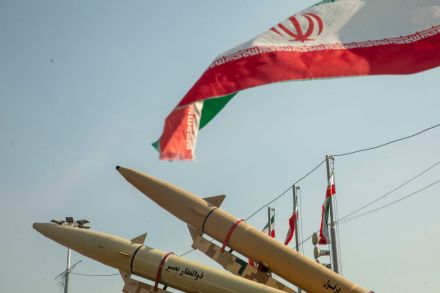Exclusive: Liz Truss interview – ‘The world was safer when Trump was in charge’
Eighteen months have passed since Liz Truss left Downing Street and after an initial period of silence, she has been making up for lost time. In recent months, Truss has tabled a bill in parliament, launched her own ‘Popular Conservatism’ movement and even done the lecture circuit in the US. And now, at last, the former PM has released her long-awaited memoirs, detailing what went wrong in office and who is really to blame. Ten Years to Save the West sets out Truss’s philosophy for a better Conservatism and a better world – and the former Prime Minister has sat down with The Spectator’s editor Fraser Nelson in her very first TV interview





















